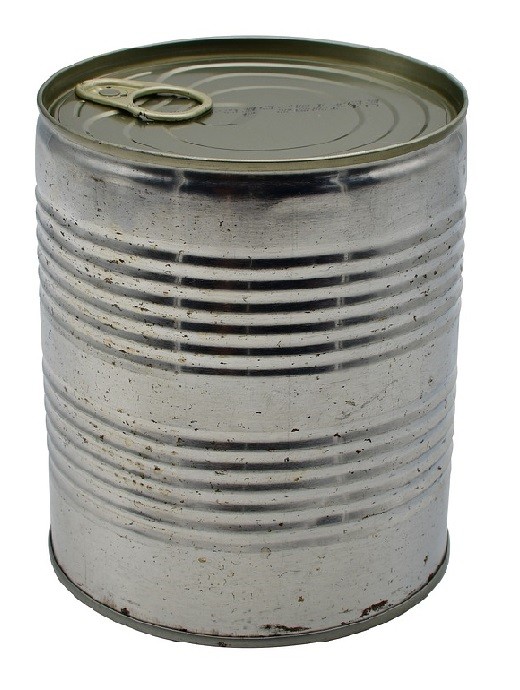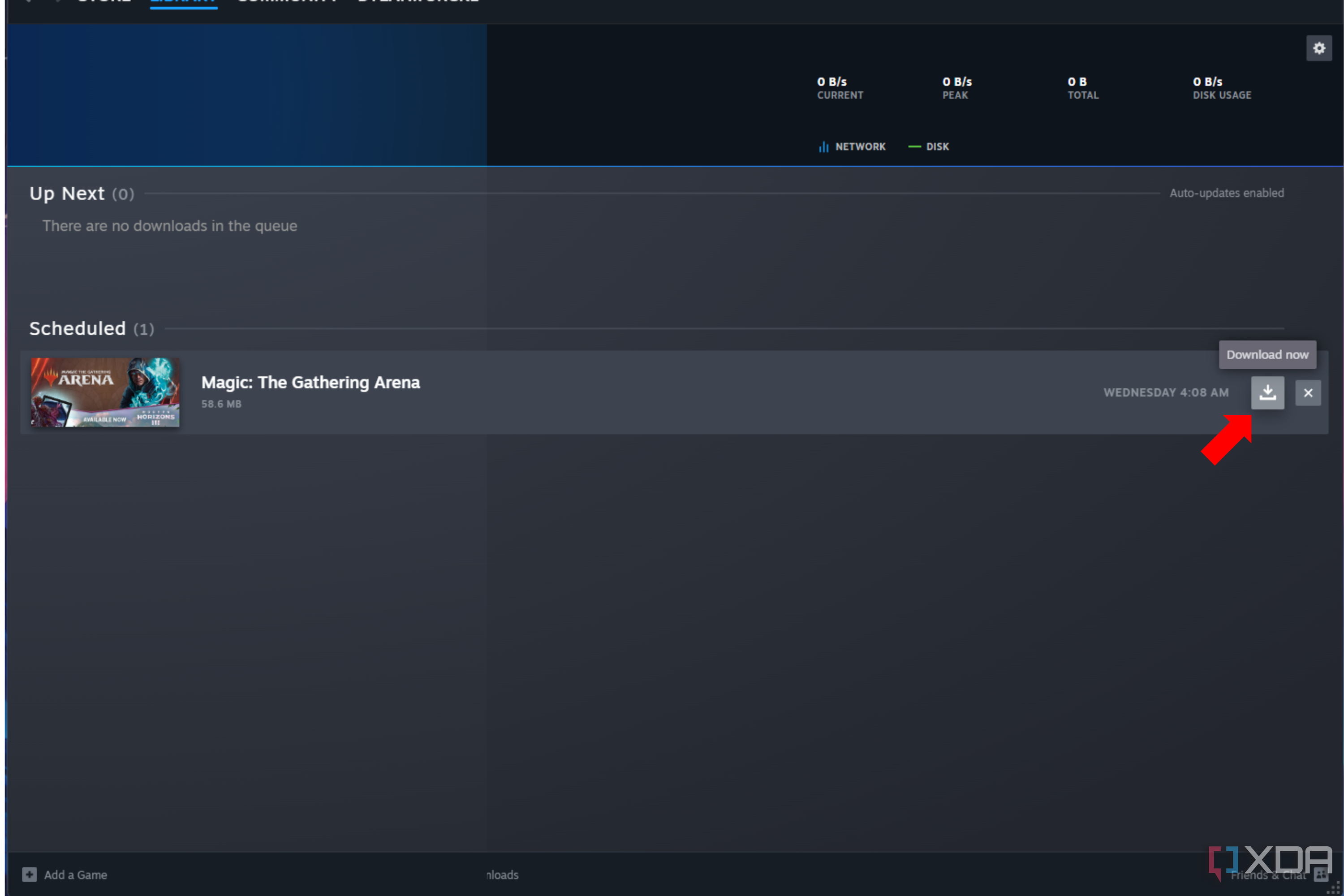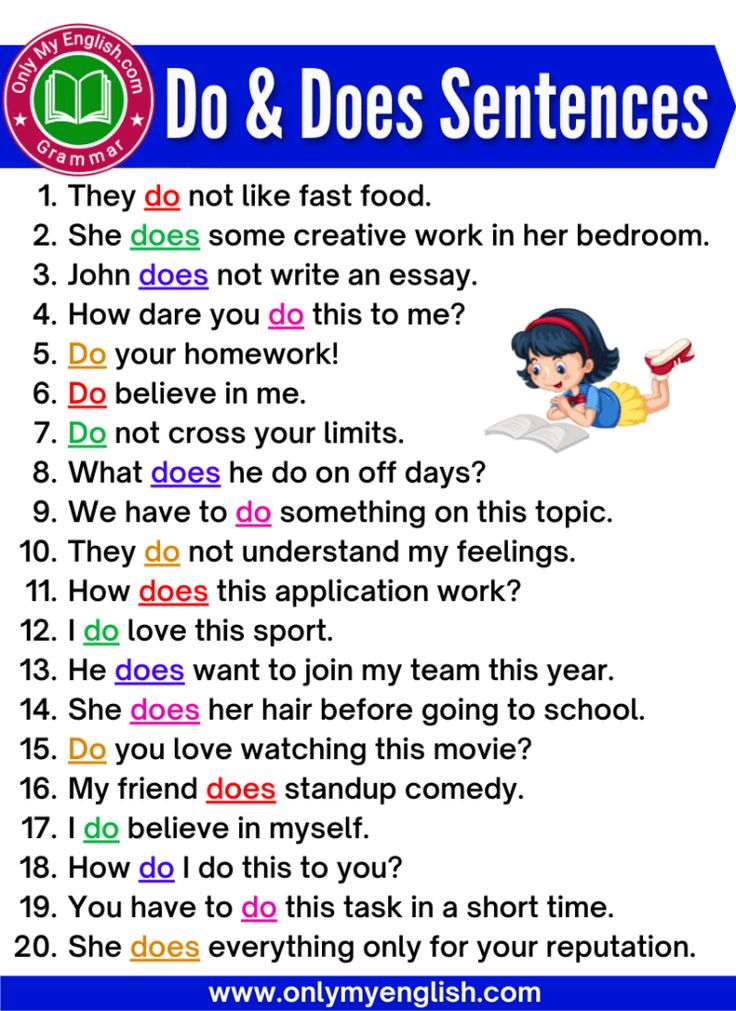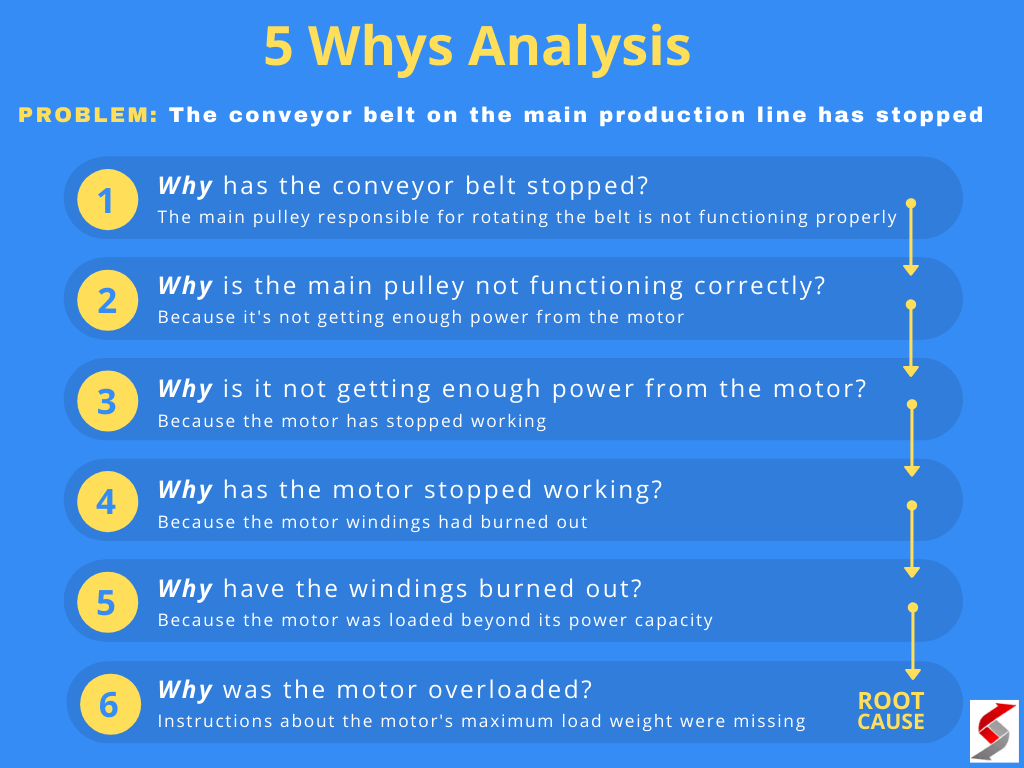Understanding the Distinction: Data Science vs. Computer Science for Modern Careers
Introduction: Navigating Two Essential Tech Fields
In today’s rapidly evolving technology landscape, understanding the difference between data science and computer science is critical for students, professionals, and anyone interested in pursuing a career in tech. Both fields offer unique challenges, skill sets, and opportunities. This article provides a detailed comparison, actionable advice for aspiring professionals, and guidance on how to access relevant educational programs and resources.
Core Focus and Objectives
Data science is an interdisciplinary field that centers on extracting meaningful insights from complex data. Its primary goal is to utilize mathematics, statistics, programming, and domain knowledge to analyze, interpret, and visualize data for decision-making. This often involves working with large datasets, developing predictive models, and translating analytical results into actionable business strategies [2] .
Computer science , in contrast, is the study of computers and computational systems. It covers both the theoretical underpinnings and practical aspects of hardware, software, algorithms, and system design. The focus is on developing new technologies, optimizing existing systems, and understanding the principles that drive computation [1] .
Key Subject Areas and Curriculum
Computer science programs typically include a wide array of topics such as:
- Algorithms and data structures
- Software engineering
- Operating systems and networks
- Computer architecture
- Theoretical computation
Data science programs, however, focus more narrowly on:

Source: yourdictionary.com
- Statistical analysis
- Machine learning and data mining
- Big data analytics
- Data visualization and communication
- Domain-specific applications
While there is some overlap (e.g., both fields require programming proficiency), data science places much greater emphasis on mathematics, statistics, and domain knowledge, whereas computer science covers a broader spectrum of technical and theoretical areas [5] .
Skills and Tools: What You Need to Succeed
As a data scientist, you will need expertise in:
- Statistical programming languages such as Python (with pandas, NumPy, scikit-learn), R, and SQL
- Visualization tools like Tableau and Matplotlib
- Big data frameworks such as Apache Hadoop and Spark
- Machine learning algorithms and predictive modeling
Computer scientists, on the other hand, typically work with:
- Programming languages like Java, C++, and C#
- Software development tools (IDEs, version control systems like Git)
- Operating systems and networking tools
- System administration and cloud platforms
While both roles require strong analytical and problem-solving skills, data scientists prioritize statistical thinking, whereas computer scientists focus on logic, architecture, and system optimization [1] .
Applications and Real-World Examples
Data science is used extensively in industries such as finance, healthcare, marketing, and retail to:
- Predict customer behavior
- Optimize business operations
- Detect fraud
- Personalize user experiences
For instance, a data scientist at a healthcare company may analyze patient data to predict disease outbreaks or recommend personalized treatment plans. In contrast, a computer scientist might design the software infrastructure that enables secure data storage and efficient retrieval for these applications [3] .
Computer science professionals are critical in:
- Developing operating systems and apps
- Building secure network protocols
- Designing scalable web architectures
- Innovating in robotics and artificial intelligence
For example, a computer scientist might create the algorithm that powers a search engine, while a data scientist analyzes user data to improve search relevance.
Education and Career Pathways: How to Get Started
If you are interested in data science:
- Start with a bachelor’s degree in mathematics, statistics, computer science, or a related field.
- Enhance your skills with specialized courses or certifications in data science, machine learning, and data analytics. Many universities and online education providers offer data science bootcamps and certifications that can help you build a strong foundation. You can search for reputable programs by visiting the websites of accredited universities, or by exploring major online learning platforms such as Coursera, edX, or Udacity. Always verify the accreditation and reputation of the provider before enrolling.
- Develop hands-on experience by working with real datasets, participating in data competitions (like those on Kaggle), or securing internships in analytics-driven organizations.
If you are aiming for a career in computer science:
- Pursue a degree in computer science or software engineering. Look for programs that are accredited and recognized in the industry. You can find official information about accredited computer science programs on the ABET website or by contacting the computer science department at universities you’re interested in.
- Build proficiency in core programming languages and software development methodologies.
- Engage in software development projects, contribute to open-source initiatives, or gain work experience in IT departments to strengthen your practical knowledge.
For both fields, continuous learning is essential due to the rapid pace of technological advancement. Consider joining professional organizations, such as the Association for Computing Machinery (ACM) or the Institute of Electrical and Electronics Engineers (IEEE), to stay current with trends and access valuable resources.
Major Differences: A Comparative Summary
| Aspect | Data Science | Computer Science |
|---|---|---|
| Primary Focus | Analyzing, interpreting, and visualizing data | Understanding and building computer systems |
| Key Skills | Statistics, machine learning, data mining | Programming, algorithms, systems design |
| Common Tools | Python, R, SQL, Tableau | Java, C++, Git, Docker |
| Industry Application | Business analytics, healthcare, finance | Software development, IT infrastructure, cybersecurity |
| Educational Path | Interdisciplinary: math, stats, CS | Computer science or software engineering |
Choosing the Right Path: Actionable Steps
If you are deciding between these fields, consider the following steps:

Source: jagranjosh.com
- Identify your interests: If you are passionate about uncovering patterns and making decisions from data, data science may be the right fit. If you enjoy building software, solving computational problems, or working with hardware, computer science might be more suitable.
- Assess your strengths: Strong mathematical and statistical skills are essential for data science, while computer science requires logical thinking and deep programming knowledge.
- Explore introductory courses: Many universities and online platforms offer free or low-cost introductory courses in both fields. This allows you to experience the core content and decide which aligns best with your goals.
- Research career outcomes: Visit professional networking sites, such as LinkedIn, to see real-world job postings and career trajectories for graduates in each field. Look for job descriptions and required qualifications to further refine your choice.
- Connect with professionals: Reach out to practitioners in each field through informational interviews, webinars, or industry events to gain firsthand insights into daily responsibilities and long-term opportunities.
For more guidance, you can consult your school’s career services office, academic advisors, or official resources from industry organizations. Always verify the legitimacy of educational providers and professional associations before enrolling or joining.
Challenges, Solutions, and Alternative Approaches
Both data science and computer science present unique challenges. Data science often requires managing complex, messy datasets and communicating findings to non-technical audiences. Overcoming these obstacles involves developing strong data cleaning, visualization, and storytelling skills. Computer science, on the other hand, can be daunting due to the abstract nature of algorithms and system design. Overcoming these challenges may require practice, mentorship, and collaborative project work.
Some professionals choose to combine skills from both fields, becoming experts in specialized areas such as artificial intelligence, robotics, or big data engineering. Many advanced degree programs now offer interdisciplinary tracks, allowing students to tailor their education to their specific interests and career goals [4] .
Summary: Key Takeaways and Next Steps
Understanding the difference between data science and computer science is essential for making informed decisions about your education and career. Both fields offer robust opportunities, but they differ in focus, required skills, and industry applications. If you are ready to explore further, research accredited academic programs, connect with professionals in your areas of interest, and consider enrolling in introductory courses to gain practical experience.
References
- [1] Simplilearn (2025). Data Science vs Computer Science: Which Holds Better Future?
- [2] Syracuse University iSchool (2025). Data Science vs. Computer Science: Choosing the Right Major
- [3] Built In (2024). Data Science vs. Computer Science: What’s the Difference?
- [4] OnlineEducation.com. Computer Science vs Data Science Programs – Differences Between …
- [5] University of North Dakota (2024). Computer Science vs. Data Science
MORE FROM gowithdeal.com













